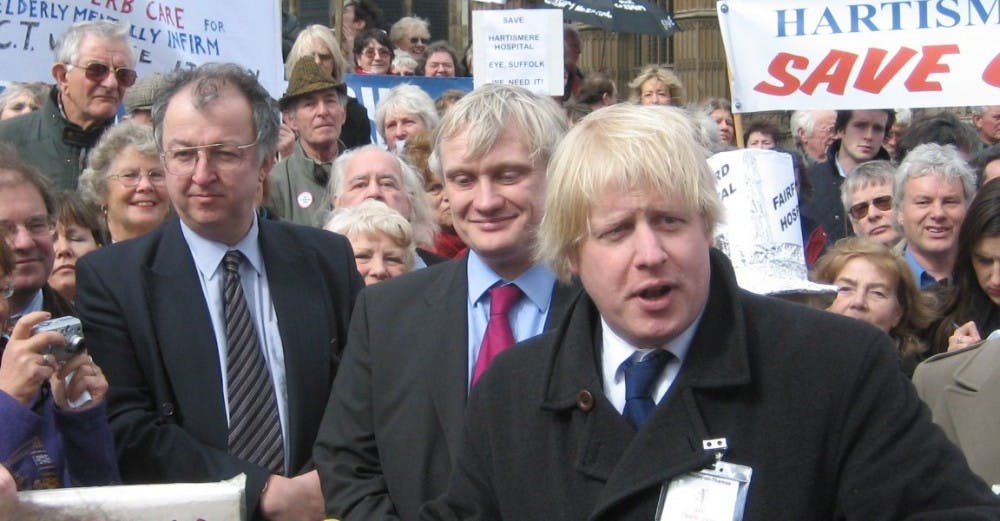While the American press tends to focus more on domestic rather than global stories, the international community, particularly the United States, should be intently following the Brexit proceedings. What happens in Britain could shift global momentum from our current political moment. While we find ourselves at the zenith of far-right, autocratic populism, the impending doom of Great Britain’s “hard Brexit” could inspire a backlash against such vigorous antiestablishment populism. Just as Brexit brought the beginning of this global populist moment, its inability to deliver Great Britain the baseless promises of freedom, independence, and prosperity could demonstrate the empty rhetoric and inaction of similar populist movements around the world. Even more significant, if Britain’s economy and political situation for its population of more than 66 million worsens into recession and regional crisis, Brexit could actually spur a global reactionary movement.
Brexit served as one of the first harbingers of our current political moment — one most aptly characterized by the rise of populist, antiestablishment leaders supported by the marginalized, forgotten communities of an increasingly globalized and interconnected world. Leaders such as Boris Johnson, Donald Trump, Rodrigo Duterte and Jair Bolsonaro rebelled against the encroaching influence of the liberal international order and presented a new model of conservative, antiestablishment political leadership. Brexit was the first instance of a population actively choosing this brand of far-right populism against the liberal international order, with a 51.9 percent vote to leave the European Union in a national referendum.
Yet Britain now finds itself in a political disaster. Oct. 31 currently stands as the mandatory date of exit for Britain from the EU. If no deal exists between Britain and the EU by that date, Britain faces a “hard Brexit,” which many predict will lead to economic and political chaos due to unresolved matters pertaining to EU law, economic borders, and politically fragile agreements between Northern Ireland and Great Britain. With only one month left until the deadline and increasing domestic battles between Parliament and Johnson’s cabinet, Britain seems to be approaching the “hard Brexit” deadline with no likely guarantee of a deal being worked out between the EU and the state.
My last opinion column focused on the need for the United States to engage more meaningfully in the global affairs of our world. Britain finds itself in a similar position. Those in the Brexit camp advocate a more isolated and more structurally independent Britain, separate and free from obligations to the European Union. However, in our interconnected world, isolation makes global aspirations of justice, peace, and cooperation near impossible to attain.
As our world remains more intertwined economically, culturally, and socially, the idea of one state forcefully separating itself from a regional community presents endless problems. The potential financial meltdown, impending trade issues between the U.K. and the EU, and the tenuous political situation between the U.K. and Northern Ireland could demonstrate indirect examples of the consequences of isolationism in the 21st century.
Global interdependence does not create weaker states, but rather it strengthens our global community and constituent member states by encouraging progress through cooperation rather than competition among states.
Our world is one of inherently interconnected parts. Rather than embrace isolation, we must look towards international cooperation as a means of global peace and prosperity for the future. Our current political moment emphasizes the weakness of such international institutions, but my hope for a safer, more just, more peaceful, and more prosperous world lies in the fate of such institutions in the international realm. Maybe we need to be shocked by the consequences of what happens when we neglect these institutions — as is the potential case with Brexit — in order to truly appreciate their inherent value in our world today.
Kaveh Badrei is a senior Wilson School concentrator from Houston, Texas. He can be reached at kbadrei@princeton.edu.








